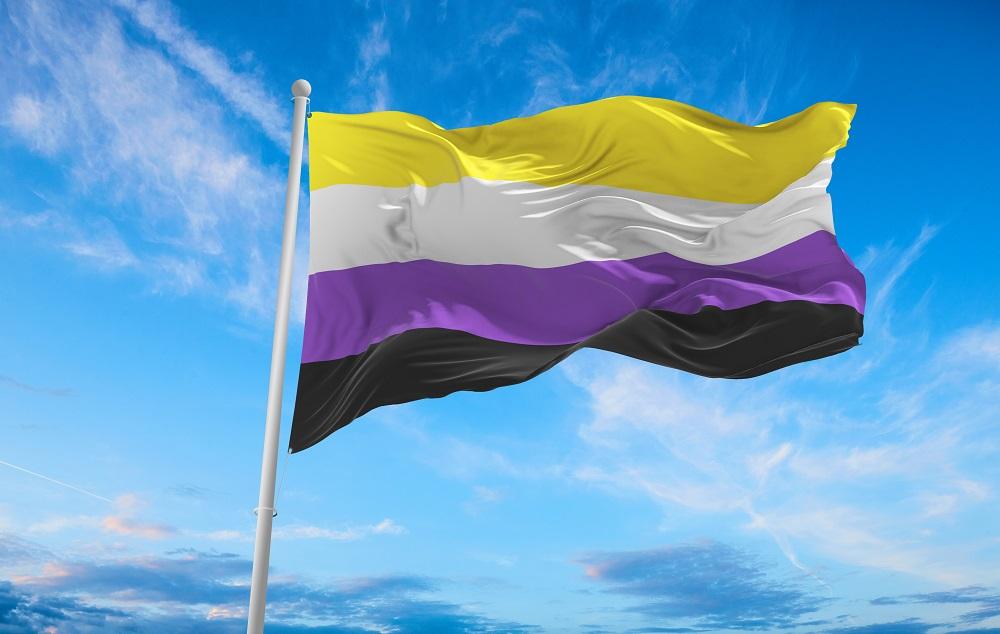Brands Embrace Inclusivity Through Gender Neutral Product Lines

Brands Embrace Inclusivity through Gender Neutral Product Lines
Even with Pride month coming to a close last week, the pressure on brands to create more LGBTQIA+ inclusive products year-round continues to grow. With 1.2 million Americans identifying as non-binary and nearly a third of individuals saying they have struggled when making a purchase because products are marketed toward only one gender, companies must rethink how products and services can be more inclusive to individuals across the gender identity spectrum as well. Today, we examine three brands that have embraced this need and created space for long-term gender-fluid lines.
- Abercrombie & Fitch* collaborated with The Trevor Project to expand its “everybody collection” from kids to adults. To be inclusive of all aspects of the LGBTQIA+ community, the two organizations worked together on everything from prints to fits, including designing with the Progress Flag. The brand is going beyond June Pride celebrations by making the line available throughout the year and incorporating a year-long roundup campaign, followed by an initial $200,000 donation to The Trevor Project.
- Designer jewelry maker, Blue Nile, teamed up with fashion designer, Zac Posen, to create a collection of gender-neutral engagement rings. The collection includes 12 new rings that vary in size, cut, metal and style to fit everyone’s needs. Katie Zimmerman, Blue Nile’s chief merchandising officer, explained the inspiration for the line was due to the brand “seeing a growing demand for inclusive jewelry pieces that symbolize love and commitment in all forms.” Posen expressed his excitement for the collaboration and added that “the traditional idea of marriage is evolving, and the wedding category is finally starting to reflect that.”
- Pacsun launched its first-ever line of gender-neutral clothing line for kids ages 4-14. The kids label design does not include any female or male styles, making it entirely without gender. Later this year, the fashion retailer will also be committing to a full, adult and kid, gender-fluid brand called Colour Range – a collection that is also sustainable.
Our recent research found that 64 percent of Americans believe that companies should play an active role in building a more inclusive society for people of all gender identities – with another half believing that gender stereotypes exist partially because of the way companies have represented gender identity in marketing and advertising. What these examples and our research show is that brands must continue to meet the increased call for a gender-fluid approach to their products and marketing.
*Porter Novelli client

